 Rehabbing from back pain, especially after surgery, may be different for you, compared to others you know who’ve been through it. Your overall health and age, as well as the type and complexity of the surgery you had, are all contributing factors to a targeted rehab program just for you.
Rehabbing from back pain, especially after surgery, may be different for you, compared to others you know who’ve been through it. Your overall health and age, as well as the type and complexity of the surgery you had, are all contributing factors to a targeted rehab program just for you.
The doctors of spinal medicine at the Southeastern Spine Institute (SSI) confer with their physical therapy colleagues to prepare a rehab program that promotes healing and recovery. They work closely with you to ensure a full and speedy return to your normal activities.
Rehabbing from Back Pain
Pain management, physical preparation and mental conditioning are all essential components to reaching a full recovery. Address each of these areas with your doctors and physical therapists at SSI. Your recovery team guides you through the rehab process from start to finish.
It’s normal to feel sore following any surgical procedure. You doctor may prescribe pain medicine or recommend an over-the-counter pain reliever to ease your discomfort during the first few days after surgery. Your pain management plan keeps medication doses low, since the pain is usually temporary and tolerable.
Your discomfort from surgery decreases as you heal. Follow your doctor’s instructions carefully regarding both exercise and appropriate rest. Your team works with you to make sure you’re as comfortable as possible while rehabbing from back pain.
Follow an Exercise Routine
Exercise is necessary for rehabbing from back pain. It also helps you control pain and regain a full range of motion in the affected area. Take it slowly and follow your recovery plan during the rehab phase. Exercises always include warmups, which help muscles that have been weakened since before your surgery.
Your recovery team guides you through your exercise routine. Your exercise routine may include stretching, walking and core-building routines. Pain while exercising is never a good sign, so talk to your recovery team if you experience discomfort while following your workout plan.
Emotional Rehab Priorities
It’s not unusual to experience some depression when dealing with back pain and recovering from surgery. Understanding your limitations of not being able to return to normal activities as quickly as you like are valid reasons for emotional upset. Rehabbing from back pain is as much about emotional healing as physical healing.
If you find yourself suffering from depression, your physician may recommend counseling or behavioral therapy. Low doses of antidepressants are also commonly used to combat temporary bouts of depression brought on by back pain and surgery. Antidepressants can also help with pain control because of the effect they have on the brain.
Lifestyle Changes to Adopt
Researchers have linked weight to outcomes from surgery. Some studies show that being obese or overweight can cause more strain on your back and increase chances of recurring back pain, even after successfully rehabbing from back pain.
Smoking also damages blood vessels and can hinder your healing from surgery. It also increases your chances of developing osteoporosis, which affects bone density. Your recovery team may recommend certain lifestyle changes such as:
- Losing weight
- Maintaining a healthy weight
- Quitting cigarette smoking
- Being mindful of a proper posture
- Wearing supportive shoes
- Getting regular exercise
Lifestyle changes take time and don’t have to be done all at once. Your recovery team at SSI will be with you to encourage you throughout the recovery process. Listen to your doctor for a full recovery.
